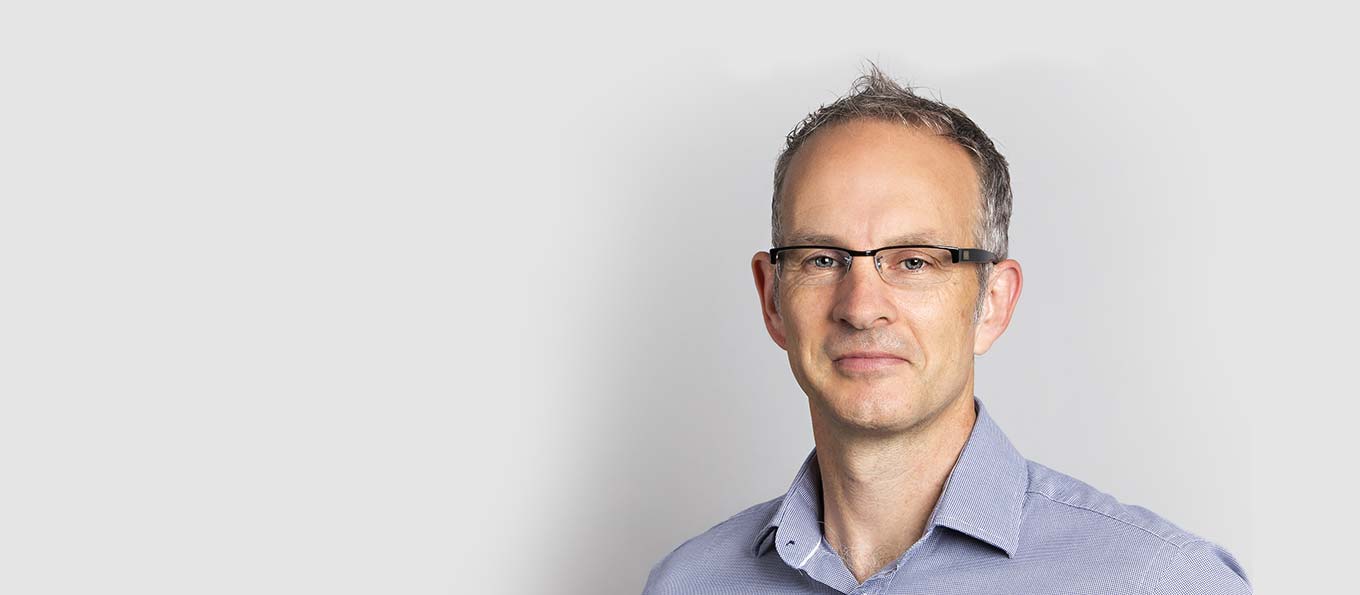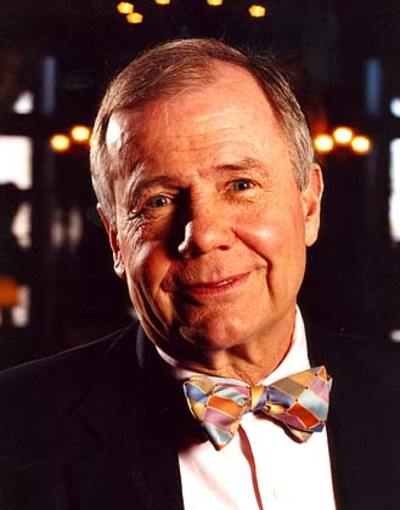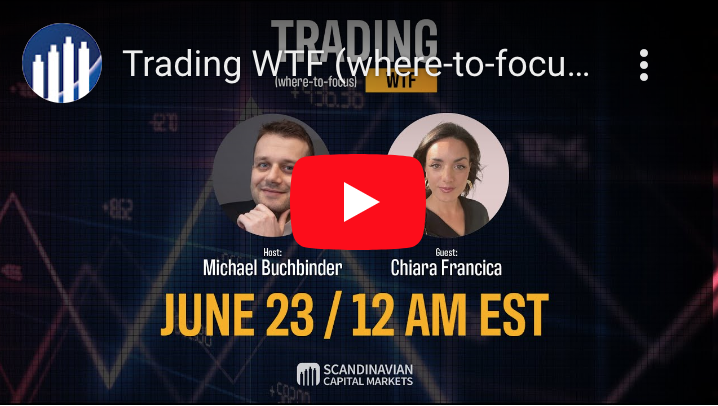Steve Ward Interview
Steve Ward is a world-renowned performance coach, trainer and consultant to trading, investing and banking professionals. He is also the author of four books and a speaker at trading industry events. Steve has worked with traders and fund managers since 2005, helping them to improve their decision making, risk taking and ability to achieve and sustain high performance.
Thanks for joining us Steve. Can you tell us about what inspired you to get into performance coaching initially?
Three factors led to me getting into performance coaching. Firstly, from a young age I started coaching sports which I found very enjoyable and rewarding, and which ultimately led to me training to become a physical education teacher and sports coach. Secondly, while at university I developed a strong interest in sports psychology, human physiology and performance enhancement. Thirdly, I have always had a desire to run my own business. After several years of teaching, and after undergoing a significant amount of additional training and qualification, I left and set up my own sports performance coaching business providing mental skills training to athletes and teams.
Before trading, you worked as a sports psychology coach with elite athletes and teams all over the world and also as a psychological coach with professional poker players. Can you talk about some of the parallels between athletes, poker players and traders?
I started off working with elite athletes and teams in over thirty sports all across the globe, before starting coaching traders in 2005, I and have also been fortunate to get the opportunity to work with a number of professional poker players. To succeed in sports, poker or trading will take a sustained period of commitment, of dedicating time and energy to mastering the craft, so factors such as motivation, hard work, sacrifice, discipline, resilience, and self-awareness will be common amongst most at the top. Some elite athletes have successfully transitioned from sports to trading, where perhaps factors such as their ability to perform under pressure, self-discipline, and coachability (their ability to learn and be coached), would have been helpful factors, and these would also be important in poker too. From my own experience I find the greatest similarity is between trading and poker as both involve making decisions, and taking risk, under conditions of uncertainty. In both poker and trading, people are having to assess the unfolding environment, calculate risk and reward, navigate uncertainty, make decisions with incomplete information, assess probabilities, deal with the financial and emotional consequences of wins and losses, and execute their own strategy. Several highly successful traders I have worked with are also excellent poker players, and several trading firms teach poker to their trainee traders to help them to develop their decision-making skills.
Being able to execute your craft as a trader is highly dependent on what’s going on in the mind and the body. Can you tell us why it’s so important to focus on both psychology and physiology?
Trading performance can be thought of as being three dimensional – craft, mind and body. Traders obviously need to be good at their craft, which is essentially taking risk under conditions of uncertainty, but the skills, knowledge and the strategy required to do this are alone not enough to ensure good trading performance. Traders decision making and risk taking, how well they perform their craft, are strongly influenced by both their mind (psychology) – beliefs, perceptions, thoughts, emotions, focus; and also by their body (physiology) – levels of stress and fatigue. Many traders are aware of the need to train their craft, and a growing number are becoming more aware of the need to also train their minds, but less are aware of the need to also train their body – to be able to minimize the impact of stress and fatigue, both of which impact risk behaviour and decision making capacity. If we are to optimize trader performance then all three dimensions need to be trained and developed, and that is why in my own work I take a very conscious mind-body approach, including using the latest biofeedback technology to assess traders sleep, stress, recovery and physical activity data, and to help them to learn to be able to train and regulate their physiological state.
Getting out of a losing trade can be very uncomfortable. Even holding on to a winning trade can be uncomfortable. How should a trader best approach the discomfort inherent in a probabilistic endeavor like trading?
There are many situations that traders find uncomfortable such as taking losses, staying in winning trades, waiting for a trade to set-up, taking a trade following a period of losses, missing out on a trade, making a mistake for example. The psychological challenge for traders is that as a part of the human condition we have a preference for comfort over discomfort, and often when traders seek comfort – hold onto losses, get out of winners early, boredom trade, don’t pull the trigger – they often do so at the expense of reducing their market returns. Many of the situations that expose traders to feeling of discomfort are inherent to trading the markets, so the goal is to become more comfortable with the uncomfortable. As such, traders should adopt an approach not avoidance mindset when it comes to discomfort, as it is through exposure to discomfort that we learn the psychological skills to deal with it, and develop physiological resilience to it. To get comfortable with the uncomfortable, the first step is to accept discomfort as a part of the trading experience, to be open to it, and be willing to experience it – to see it as normal. Secondly, traders need to learn to manage the difficult thoughts, emotions and sensations that may show up and make them uncomfortable. Thirdly, they need to develop the ability to stay focused on, and committed to executing their trading strategy – in the presence of discomfort – trading with poise. Interestingly, many of the best traders I have coached have told me that the majority of their best trades were also their most uncomfortable ones. Getting good at discomfort is an edge.
Dealing with losses is inevitable in the endeavor of trading. You have talked about letting go of the outcome and focusing on the process of making trading decisions. Can you expand on this idea a bit?
The craft of trading is at its core about making good decisions, taking risk, under conditions of uncertainty. The outcome of any decision a trader makes will be a combination of skill (this is their process, and the execution of it) and luck/randomness (market events). It is possible for a trader to make a good decision, to follow their process, but still to lose on that particular trade. Likewise, it is also possible for a trader to make a bad decision, to not follow their trading process, and to win. The outcome of a trading decision, whether you win or lose, does not always reflect the quality of the decision itself, yet most traders have a tendency to assess their trading by looking at their results alone. In a probabilistic activity like trading the focus should be on the decision-making process – the ‘how’ of decision making, on what is controllable, on what can be developed and improved over time.
When traders focus too much on the outcomes of their trades it can lead to higher levels of stress and anxiety and loss aversion, all of which can negatively impact a trader’s decision making and risk taking. I encourage my own trading clients to put a focus on making good decisions, and on their trading process at the core of their trading framework; to be really curious about how they make trading decisions, the outcomes they get, and on how to develop their ability to make better decisions over time.
Studies have shown that people often become risk averse in situations of gain and risk seeking in situations of loss. How do you address this irrational human quirk?
This is known as the disposition effect. There are many such ‘irrational quirks’ as you call them, or biases, heuristics or mental short cuts as they are also know, that influence a traders decision making. These biases and mental short cuts are a part of how we process information and make decisions, and are particularly prevalent when there are high levels of uncertainty, when we are short of time, information is incomplete, emotions are high, or when we are stressed or fatigued. I terms of how we approach them, I think firstly, it is useful for traders to have a general awareness of some of the main biases that traders may be prone to, and when they may show up in their trading – confirmation bias in the idea generation phase, the endowment effect when in a position, or loss aversion in a losing trade for example. Secondly, having a strong process focus, focusing on making good trading decisions, as we discussed previously, has been shown to help reduce behavioural bias in financial decision making. Thirdly, I help traders to develop psychological and physiological skills that enable them to manage their emotions, stress and fatigue levels such that the risk, or impact of bias is reduced. Finally, decision support aides such as a well-constructed checklist can also be very helpful in reducing the impact of bias on a traders decision making.
The Stoic mindset of not allowing oneself to be controlled by the desire for pleasure or fear of pain, seems ideal for a trader. Can you talk about how the Stoic concept of an inner citadel relates to the world of trading?
Stoic philosophy is something that I have become increasingly more interested in over the recent years, and it features in my latest book ‘Bulletproof Trader’ as one of three core elements alongside psychology and physiology as a tool kit for dealing with the challenges and difficulties of trading the markets. The Stoics recognized a need to prepare for being able to deal with adversity and as such developed a philosophy that focused on preparing and fortifying them for the challenges of life. What I love most about Stoicism is its foundation as a practical philosophy, one that teaches specific ways of both being and doing; in a way it was a very early form of mental strength and conditioning training.
The inner citadel is a Stoic idea, that represents a kind of mental fortress inside of you that cannot be broken down under strain and challenge and difficulty. I think of it as building a mental framework and having the mental skills that allow you to effectively manage and navigate the adversity encountered in trading the markets – being able to deal with losses, drawdown, making mistakes, uncertainty, stress, market changes, missing out on opportunities and poor runs of results. It is important to recognize that this mental fortress is built and trained through life, and so taking time to actively train your mindset and learn key mental skills is one way in which traders can build their own inner citadel.
In a recent presentation, you referenced a quote from Mark Douglas in Trading in the Zone: “The best traders think differently from the rest.” Can you unpack this idea for us?
I think this quote could actually be applied to any performance domain as in my experience at the highest levels people are thinking, and therefore doing, in ways that are different to those who are less successful, they have a different mental framework. A trader’s mental framework, their beliefs, and how they think about themselves, the markets, trading, risk, winning, losing and uncertainty for example will impact how they respond in different situations, and how successful they are in the markets. Some examples of thinking differently in trading are; being process focused, and on making good decisions versus being outcome and P&L focused; thinking of trading in terms of probabilities and possibilities rather than perfection and certainties; focusing on making money and not on being right; of seeing emotions as data, and not as something to have to control or eliminate; seeing losses and difficult periods as learning opportunities; accepting discomfort and not on attempting to avoid it, moving from loss aversion and regret aversion to loss acceptance and regret acceptance for example. If traders come into the markets and continue to think in ways that might be reflective of the normal population then it is going to be hard for them to succeed as most people’s default mental framework is not well suited to taking financial risk under conditions of uncertainty – in fact it may well be the exact opposite of what is needed. The best traders are abnormal in their thinking and in their trading behaviour.
Which other books relating to peak performance have you found the most inspiring?
I am a very keen reader, and probably get through about a hundred books or so a year on average, covering a very wide range of topics including psychology, performance, physiology and philosophy, and with a healthy dose of autobiographies.
Here are a few ‘peak performance’ focused books, not trading specific, that quickly come to mind, and in no particular order, that I really enjoyed and got some inspiration from; I am sure that I have probably missed out some significant ones though …
Shoe Dog, by Phil Knight
Sacred Hoops, by Phil Jackson
The Road To Excellence – K. Anders Ericsson
Full Catastrophe Living – Jon Kabat-Zinn
Bounce – Matthew Syed
Mindset – Carol Dweck
The Obstacle Is The Way – Ryan Holiday
Thinking In Bets – Annie Duke
The Success Equation – Michael Mauboussin
Descartes Error – Antonio Damasio
Man’s Search For Meaning – Viktor Frankl
Why We Sleep – Matthew Walker
Legacy – James Kerr
The Rise Of Superman – Steven Kotler
Talent Lab – Owen Slot
You have a special interest in adventure, endurance and extreme sports. Which are your favorite sports and events?
I enjoyed playing a wide range of team sports at school – football, rugby, cricket, basketball – but from the age of 16 onwards I gravitated a bit more towards the endurance, adventure and extreme sports, having now competed in a range of cycling, triathlon, running, kayaking, downhill mountain biking, paddleboarding and obstacle course races. I have also spent a lot of time at the coast windsurfing, sailing, paddleboarding and kayaking, and I also enjoy spending time in the mountains hiking when I get a chance.
Thank you for participating in this interview Steve, we hope you will visit us in Stockholm one day.
No problem at all Dan, it was my pleasure, and thanks for the invite; and I would love to come and visit you all in Stockholm.
Visit Steve Ward´s website at performanceedgeconsulting.co.uk
Find Steve´s latest book on Amazon: Bulletproof Trader
Also, check out Steve´s new Trade At Your Best Trading Psychology Course







